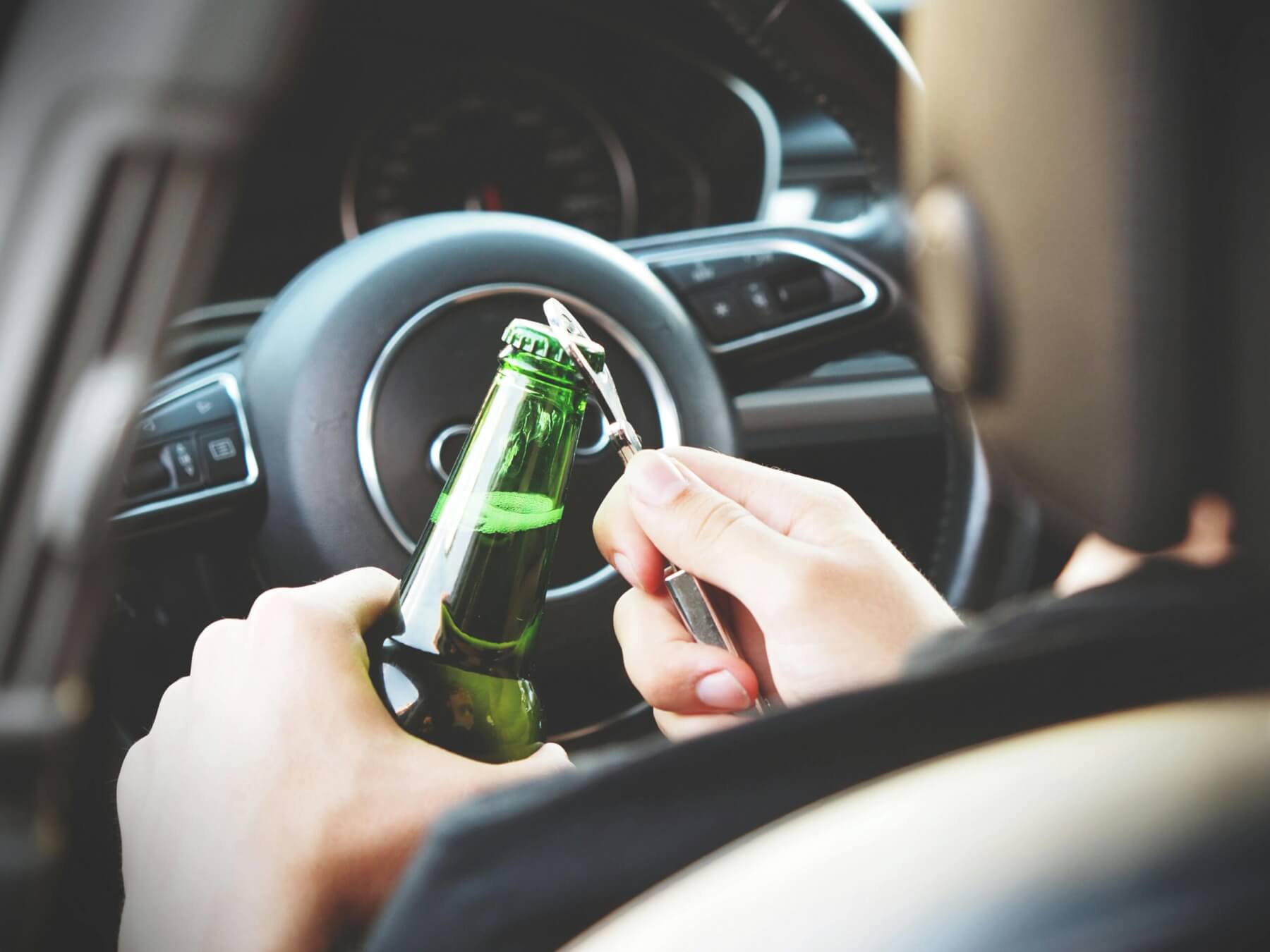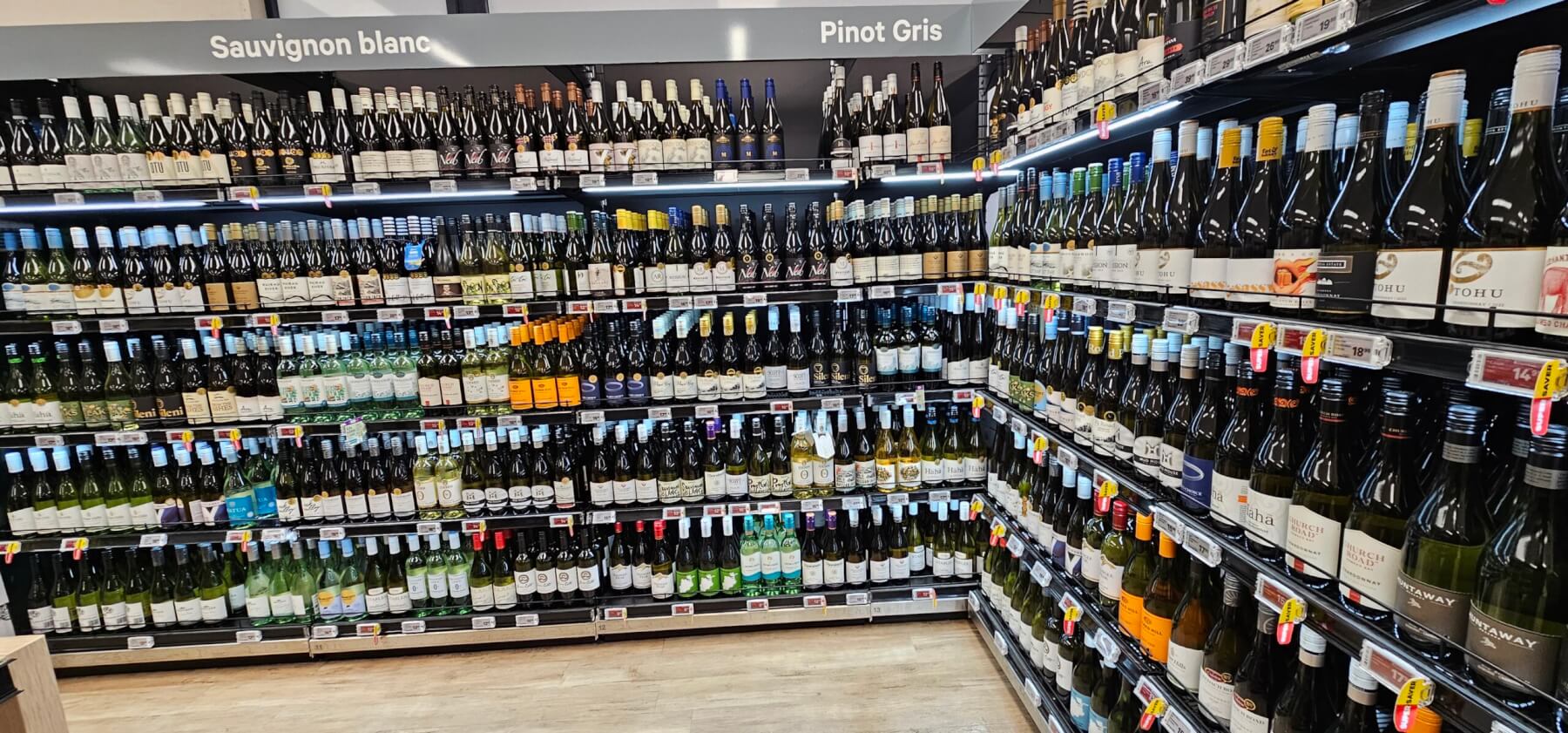When I was a child, my parents would often host a party on a Saturday night.
Guests would arrive with a flagon and a plate to share. Non-alcoholic punch was always on offer. Singing dancing and laughter would follow. Supper would be served, perked coffee to follow. The only noisy aspect of those parties that I recall was the laughter and singing.

Julie Guest
There was never any anger or violence; people enjoyed each other’s company. I’m aware now, that we lived a community that was still being developed. Those gatherings were made up of people who were working together to help it thrive. They were invested in each other and what they were building together; new community facilities, churches, clubs and governance. The sense of being a small community that Sam wrote about a couple of weeks ago was very strong. People belonged and were valued. Anyone who was experiencing a rough time, was in need in any way, was supported.
How things have changed. In “On the Beat” in our local paper, we too often read of problems caused by excessive alcohol in this community, such as family harm and violence. We read too, of lives forever changed through drunk driving and the tragedy that follows. Then there’s the harm caused to children growing up in families where violence resulting from excess alcohol is a pattern. Even when there is no violence, children are being taught a way of life where alcohol is used as a way of coping with life’s stresses. Those lessons are hard to unlearn.

Drink driving. Photo: energepic.com, pexels.com
Jesus teaches that the highest and greatest purpose in life is to love your neighbour as yourself. What does that actually mean for our lives? It means putting as much energy into the wellbeing of those around you as you put into your own and your family’s well-being. It also means that there is deep joy in living so that you and those around you thrive. That’s what I witnessed happening in those parties as I grew up. People caring for each other such that everyone was better off.
Te Awamutu and Kihikihi board member Jill Taylor has called for a ban on the sale of alcohol in supermarkets. I know from walking with those fighting alcohol addiction, that a supermarket selling alcohol is a place of huge temptation. I watched them mentally prepare to go for their weekly grocery shop, knowing they would need to resist the pull of the alcohol laden shelves, and not knowing if they would have the strength.
If we want the best for our community, to care for our police and first responders who have to deal with the fallout of excess consumption, to take even a tiny step to protect children, surely we would be willing to forgo the convenience of supermarket alcohol sales?
This community of Te Awamutu is richly blessed by the people who built and continue to build community here, fundraise for the facilities, build the churches and create the clubs. Can we today, in the same spirit of community, support Jill’s call and together seek the best for everyone -not just those for whom alcohol poses no threat?

Wine in the supermarket









